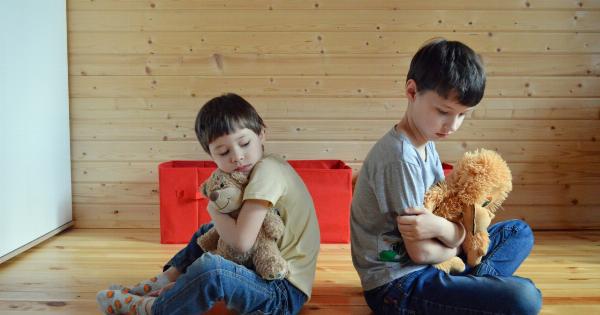Lupus Erythematosus Wolf, commonly known as lupus, is an autoimmune disease that affects multiple organs and systems in the body.
Although the exact cause of lupus is unknown, it is believed that a combination of genetic and environmental factors contribute to its development. Childhood wounds, especially emotional trauma, could also have an impact on the development and severity of lupus.
Childhood trauma and Lupus
Research shows that childhood trauma, including physical, emotional, and sexual abuse, can increase the risk of developing autoimmune diseases such as lupus.
A study published in the Journal of Psychosomatic Research found that women who reported a history of childhood abuse had a higher incidence of lupus than those who did not report abuse.
Childhood trauma can also exacerbate the symptoms of lupus in those who already have the disease. A study published in the Journal of Rheumatology found that childhood trauma was associated with higher levels of disease activity in patients with lupus.
Stress and Lupus
Stress is a well-known trigger of lupus flares. Childhood trauma can lead to chronic stress, which can exacerbate lupus symptoms and increase the risk of flares.
The stress caused by childhood trauma can also weaken the immune system, making it less able to fight off infections and other triggers of lupus flares.
One study published in the Journal of Psychiatric Research found that people with lupus who experienced childhood trauma had higher levels of stress and poorer coping skills than those who did not report trauma.
Depression and Lupus
Depression is also common in people with lupus. Childhood trauma can increase the risk of developing depression, which can worsen symptoms of lupus and reduce quality of life.
A study published in the Journal of Autoimmune Diseases found that patients with lupus who reported a history of childhood abuse had higher rates of depression than those who did not report abuse.
Treatment for Lupus and Childhood Trauma
Addressing childhood trauma can improve the quality of life for people with lupus. Treatment options for childhood trauma include talk therapy, cognitive-behavioral therapy, and medication.
These treatments can help patients cope with the long-term effects of trauma, reduce stress, and improve depression and anxiety.
Treatment for lupus should also include strategies for managing stress and reducing the risk of flares. This can include exercise, stress management techniques such as yoga and meditation, and medication to control lupus symptoms.
Conclusion
Childhood trauma can have a significant impact on the development and severity of lupus. It can increase the risk of developing the disease and worsen symptoms in those who already have it.
Addressing childhood trauma through therapy and medication can improve quality of life for people with lupus. Treatment for lupus should also include strategies for managing stress and reducing the risk of flares.



























